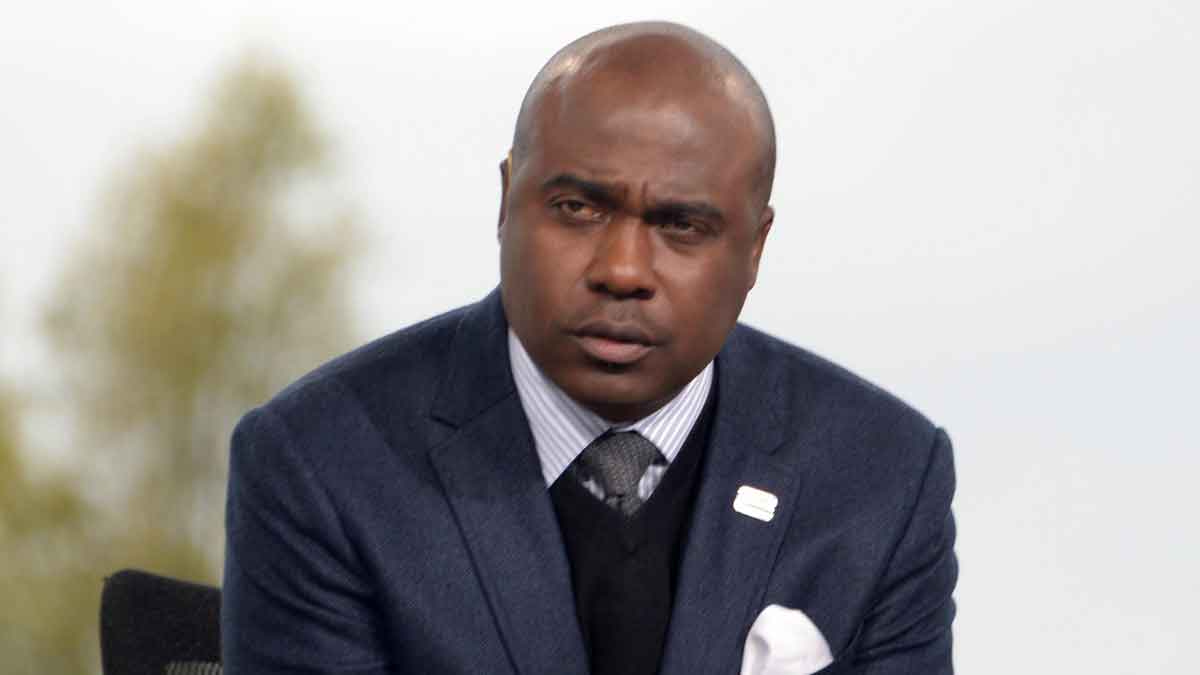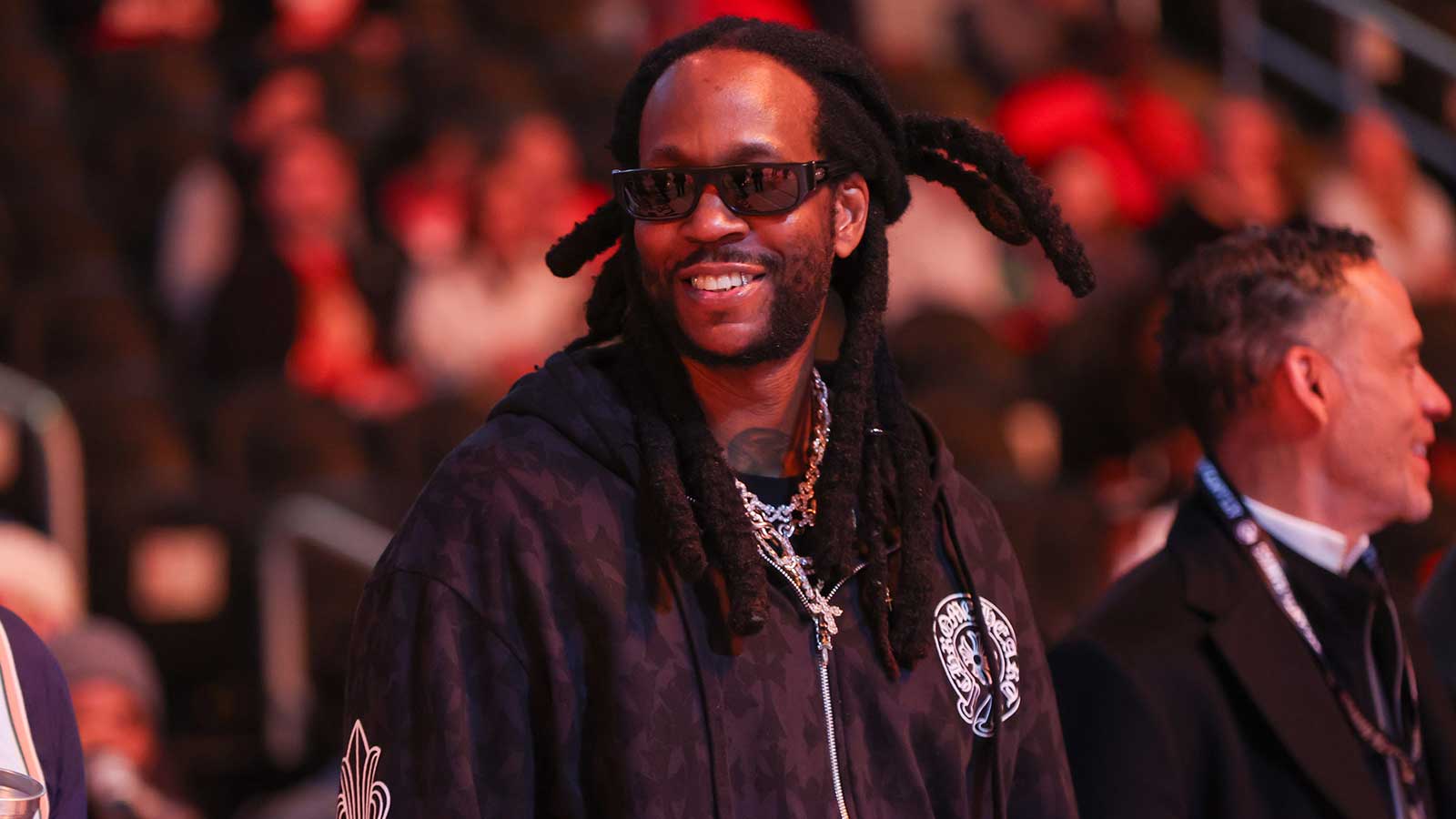During this year’s Constitutional Convention, Alpha Phi Alpha Fraternity, Inc. proposed a bylaw change that would ban transgender members. If put into effect, Alpha Phi Alpha would be the second Black Greek-letter fraternity to ban transgender members after Phi Beta Sigma Fraternity, Inc. The amendment would restrict membership to “any male defined as a human being naturally born male, who remains and continually identifies as a male,” according to a draft obtained by GLAAD.
Not all members of the fraternity agree with the ban. Some say the proposed language is not only “discriminatory and unnecessarily exclusionary, but politically motivated.” Also expressing that the fraternity’s leadership, along with the amendment, doesn’t represent the wider Alpha membership, which is capable of being more open and inclusive.
“Their decision to alienate trans and nonbinary people from membership is reactionary, asinine, and unbecoming of an organization with a professed commitment to human rights,” said Deandre Miles-Hercules, a self-described “gender creative” Alpha who uses they/them pronouns and likely would be impacted by the proposed bylaw amendment. “It’s ludicrous to be the fraternity of Thurgood Marshall and Martin Luther King Jr. and come up with a policy that bans trans people.”
GLAAD conducted interviews with approximately a dozen members of Alpha Phi Alpha, some done anonymously to protect members identities. They found a generational and moral split within the organization between national leadership, the general body, and collegiate and alumni leadership'. National leadership was more likely to be older and more traditional, while the latter was more likely to be younger and more progressive.
“If we allow certain discriminations, we have to allow for all of them,” continued Shaw, a lifetime Alpha member. “If Alpha then adopts the logic that White Citizens’ Councils had against Black people desegregating schools in the 1950s and ’60s, what’s to say that you couldn’t use that logic against Black people in 2024?”
“Trans men are men. I just feel like, at the end of the day, if you identify as a man and you want to be in fellowship with other men, then you should be allowed to. It doesn’t sit well with me that a white man can be a member of Alpha, this historic Black institution, with no problem, but we’re going to tell Black trans men that they can’t. We’ve got all types of men in this fraternity, so to me, that’s how I look at it. It’s just another type of man,” an Alpha based in Philadelphia said.
Although the proposed ban is on the table, there are still things that need to be clarified, such as how the ban would be enforced. One of the biggest questions is whether the ban applies to prospective members only or if it includes current members who have transitioned and/or no longer identify as cisgendered since joining. Due to the fraternity's views on the LGBTQ+ community, some transgender and nonbinary people who are already members of Alpha Phi Alpha have distanced themselves from the fraternity since joining.
During this past Pride Month, Alpha Phi Alpha landed in a bit of hot water with its members and other members of the Divine Nine for failing to acknowledge Pride publicly. Curious members learned from national leaders that supporting Pride is a political act, which was confirmed by three members of the fraternity.
More progressive leaders reluctantly complied and refrained from posting on their social media profiles out of concern that their chapters may be de-chartered for opposing such a stance.
Alpha Phi Alpha was founded on December 4, 1906, on the campus of Cornell University. It is the oldest Black-Greek letter organization of all the Divine Nine. The fraternity was founded on the principles of scholarship, fellowship, good character, and the uplifting of humanity.




















